The Clerk of the Legislative Assembly, also known as the Clerk of the House, is the senior permanent officer of the Legislative Assembly. The Clerk is non-partisan and must have no bias for or against any political party. The primary role of the Clerk is to interpret the Standing Orders, conventions, precedents, and usages in order to advise the Speaker and MLAs on parliamentary procedure. The Clerk is at the service of the Legislative Assembly and all of its Members, regardless of party affiliation. All MLAs must be listened to, advised, and counselled with utter objectivity and confidentiality. Like the Speaker, the Clerk must accord equal treatment to every MLA in order to preserve a reputation of impartiality.
After either a general election or a by-election, the Clerk administers the Oath of Allegiance to every elected Member, including those who have been re-elected. They must swear the oath or make an affirmation and sign the parliamentary roll before taking their seat in the Assembly. The Clerk also presides over the election of the Speaker.
In addition to procedural responsibilities, the Clerk is responsible for the preparation and printing of the Orders of the Day and the Votes and Proceedings. They are the custodian of all records and other documents of the Assembly and have custody of proposed legislation throughout its stages and proceedings.
The Clerk, on the Speaker’s behalf, also has extensive administrative functions. These include the direction and control of the various departments of the Legislative Assembly in their day to day operations. These departments include the Office of the Clerk, the Office of the Sergeant-at-Arms, the Parliamentary Committees Office, Financial Services, Human Resource Operations, the Parliamentary Education Office, Information Technology, Capital Planning and Development, the Digital Information Office, the Parliamentary Dining Room, Legislative Facility Services, the Legislative Library, and Legislative Assembly Protective Services.
The Clerk’s role demands awareness of even the most minor events, as they may contribute to an understanding of how a situation is developing and make it simpler to make recommendations and give advice.
The Clerk is assisted by a number of Table Officers. They are also responsible for advising parliamentary committees on procedure and are, in essence, the procedural and legal experts and secretariat of the Legislative Assembly. The Clerk and Table Officers sit at the Clerks' Table on the floor of the Chamber. Like the Speaker, they also wear formal court attire, including a black robe and white tabs.


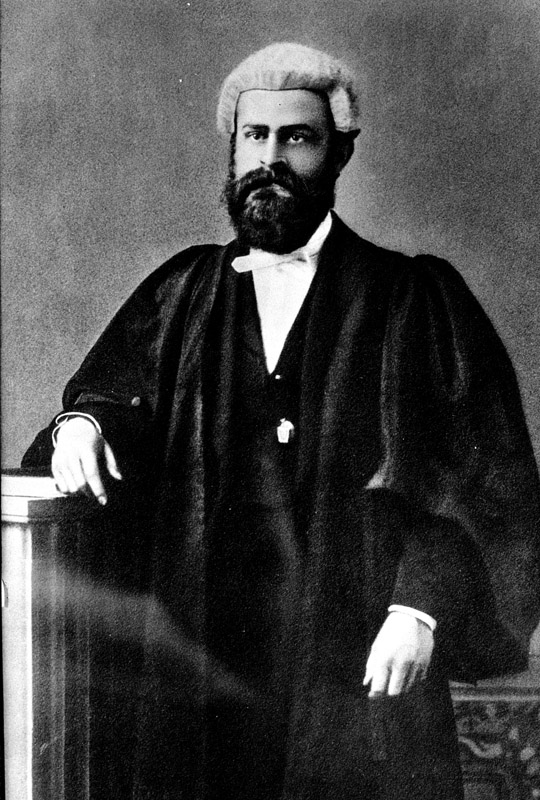
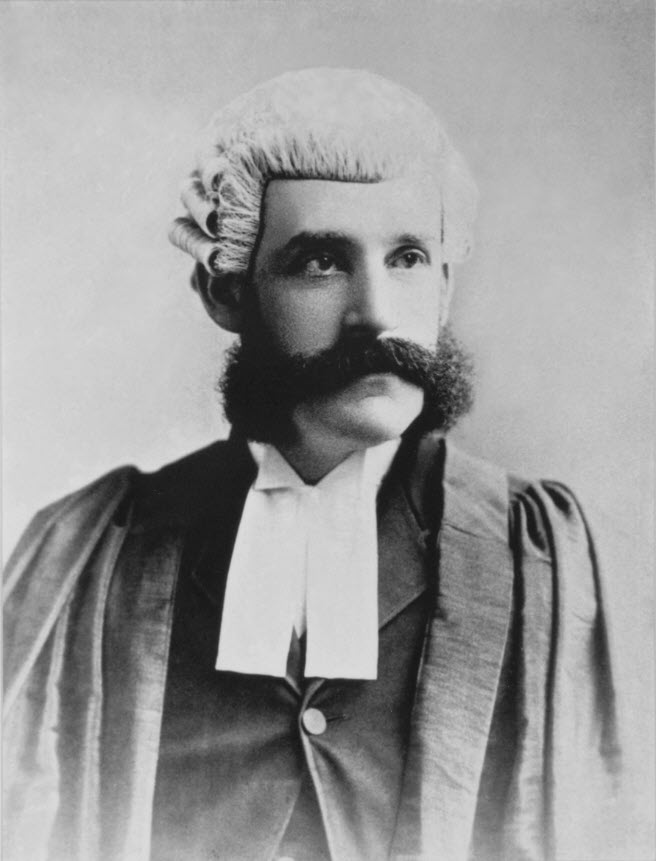
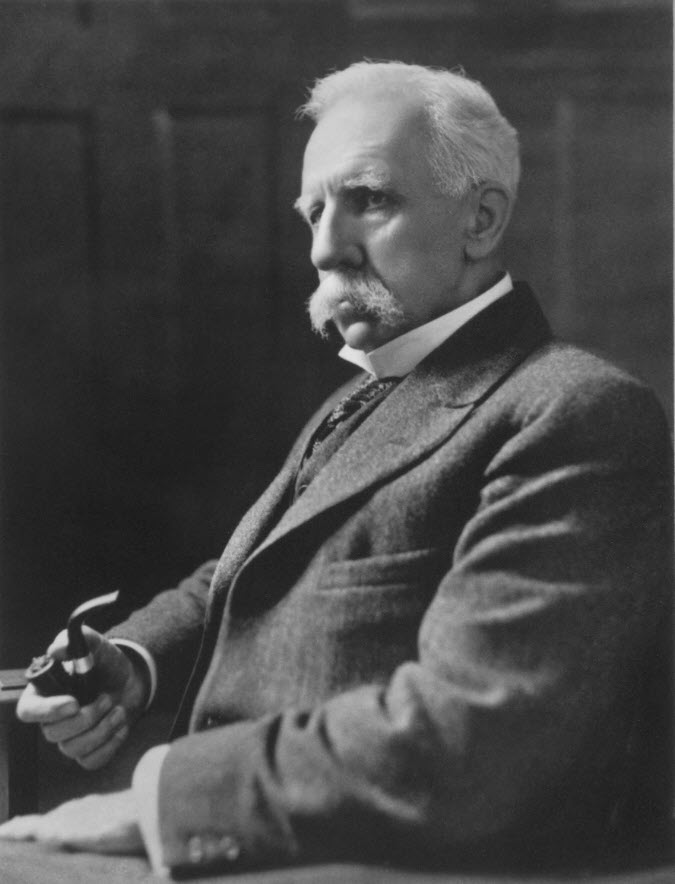
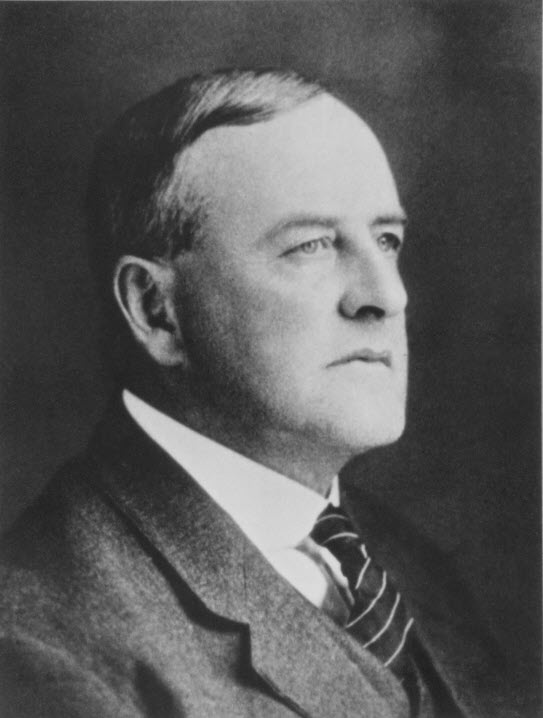
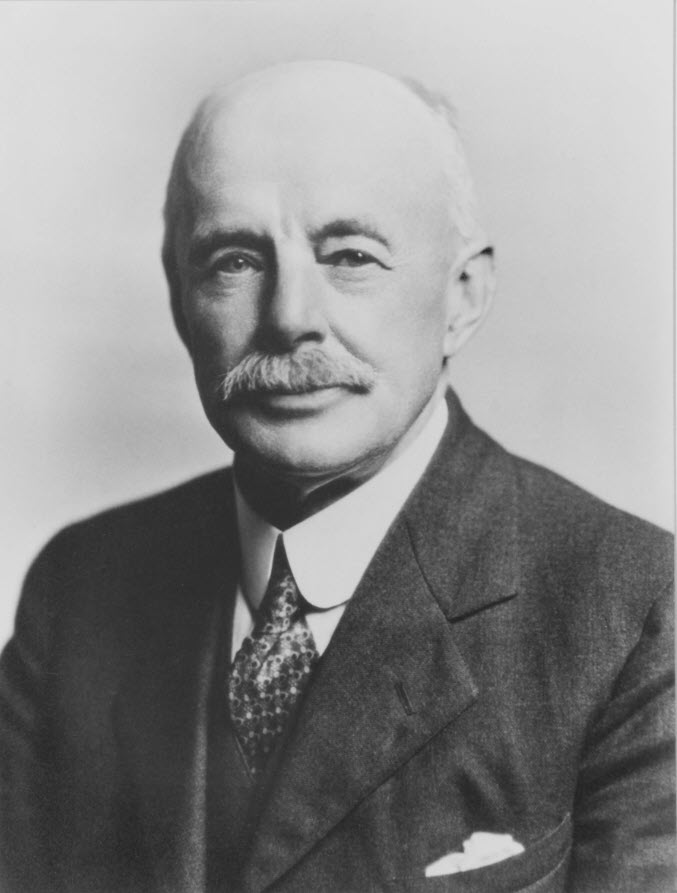


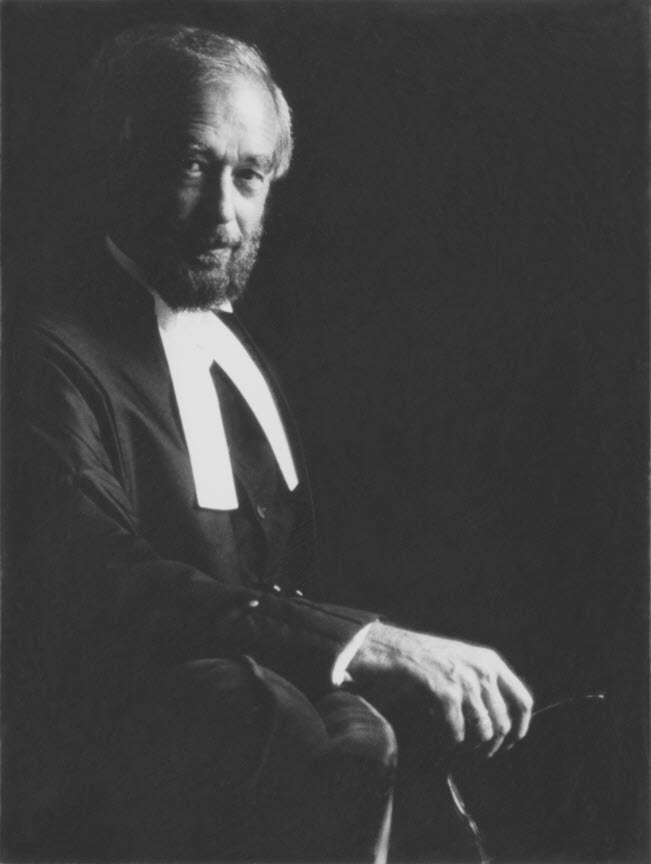


.jpg)
